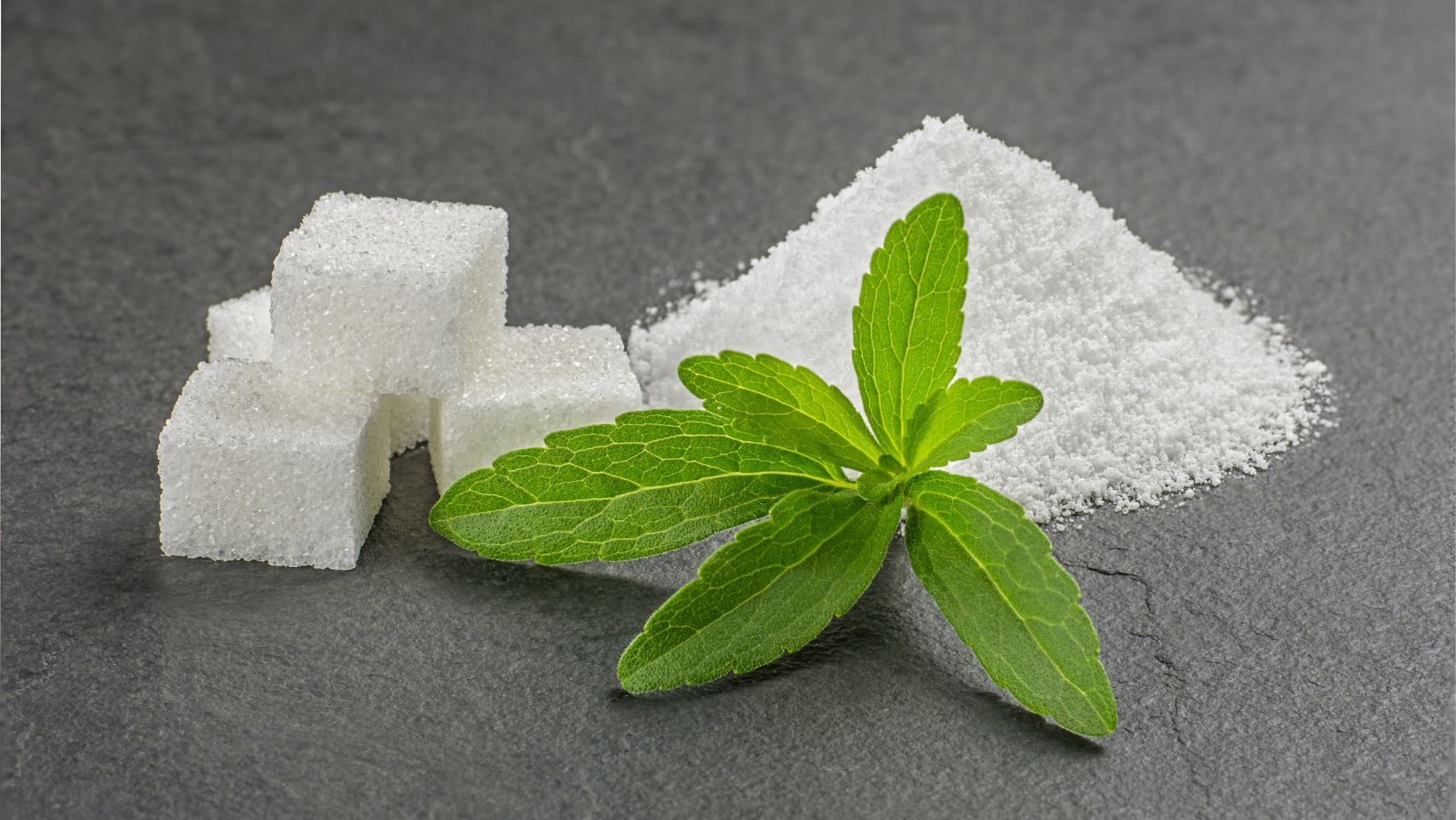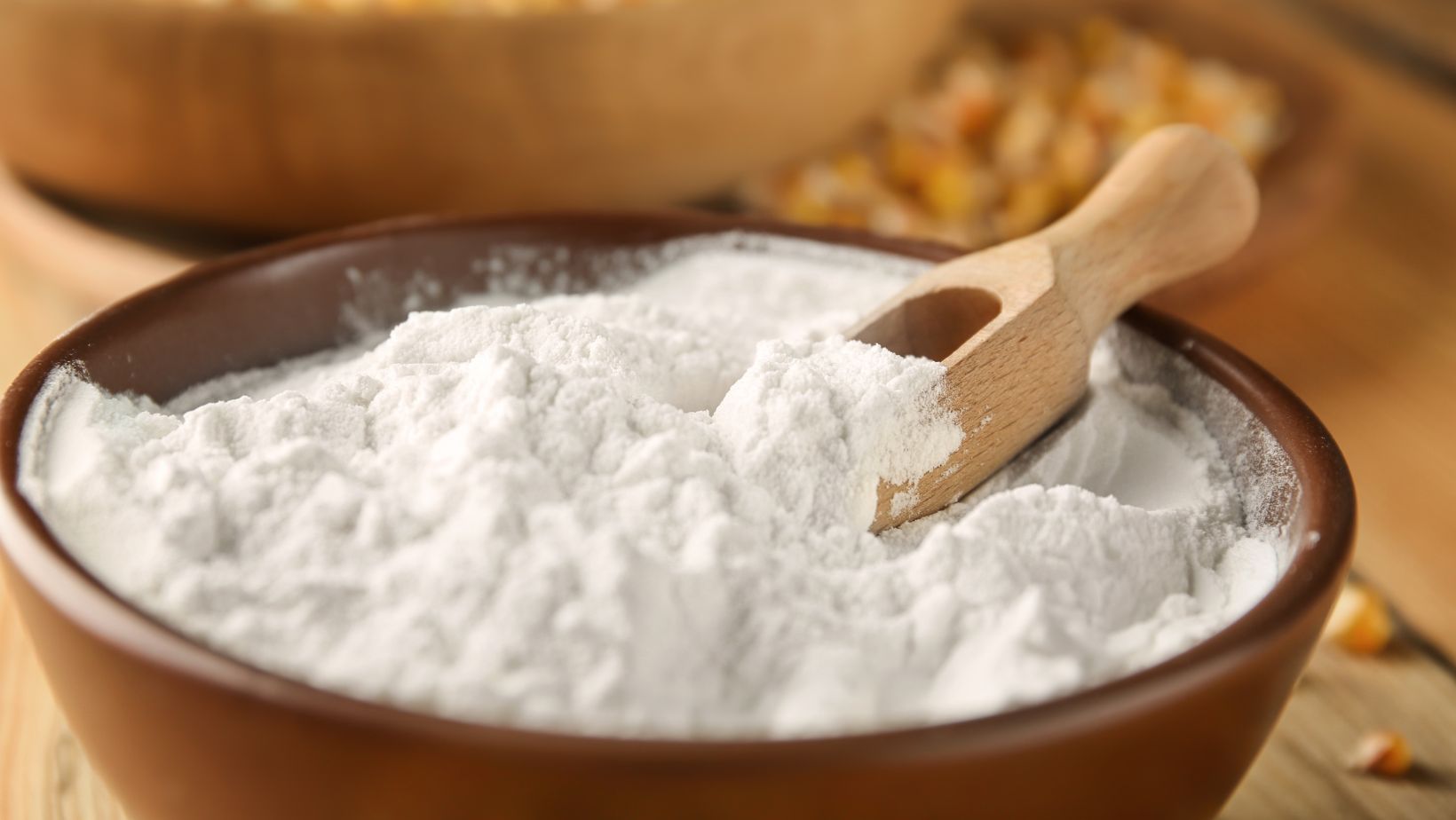
Substitute For Cornstarch Keto
Looking for a substitute for cornstarch on a keto diet? Well, you’re in luck! There are several low-carb alternatives that can serve as a suitable replacement for cornstarch in your keto-friendly recipes. These options not only help thicken sauces and soups but also keep your carb intake in check.
One popular substitute is xanthan gum. Derived from fermented sugar, xanthan gum is an excellent thickening agent that adds viscosity to liquids. It works well in both hot and cold dishes and requires only a small amount to achieve the desired consistency. Just be cautious not to add too much, as it can result in a slimy texture.
Another option is psyllium husk powder, which is rich in soluble fiber. This natural ingredient absorbs liquid and forms a gel-like substance when mixed with water. It works particularly well in baked goods like bread or muffins, providing structure without adding unnecessary carbs.
If you’re looking for a more traditional alternative, arrowroot powder might be the answer. Derived from the starch of arrowroot plants, this gluten-free powder acts as an effective thickener and binder. However, keep in mind that it contains slightly more carbs than xanthan gum or psyllium husk powder.
Coconut Flour: A Versatile Alternative For Keto Recipes
When it comes to finding a substitute for cornstarch in keto recipes, coconut flour emerges as a versatile option. Packed with nutrients and low in carbs, coconut flour is derived from the meat of coconuts after extracting their milk. Its unique properties make it an excellent ingredient for those following a ketogenic diet.
One of the key benefits of using coconut flour as a substitute for cornstarch on a keto diet is its low carb content. While cornstarch can be high in carbohydrates, coconut flour contains significantly fewer carbs, making it a suitable choice for those aiming to maintain ketosis. In fact, just two tablespoons of coconut flour contain around 8 grams of net carbs, compared to 30 grams found in the same amount of cornstarch.
Another advantage of using coconut flour is its high fiber content. Fiber plays an essential role in maintaining digestive health and promoting satiety, which can be particularly beneficial when following a keto diet. Coconut flour is rich in dietary fiber, with approximately 5 grams per two tablespoons. This helps regulate blood sugar levels and supports healthy digestion.
In addition to being low in carbs and high in fiber, coconut flour adds a delightful flavor to your dishes. It has a subtle nutty taste that complements both sweet and savory recipes. From fluffy pancakes to crispy chicken tenders or even thickening sauces or soups, coconut flour proves its versatility time and again.
However, it’s important to note that when using coconut flour as a substitute for cornstarch in recipes, adjustments may be necessary due to its unique texture and absorption properties. Coconut flour tends to absorb more liquid than cornstarch does; therefore, you’ll typically need less quantity when substituting it.
When searching for a suitable substitute for cornstarch on a keto diet, consider giving coconut flour a try. Not only does it enhance texture and binding power, but it also aligns perfectly with the low-carb requirements of a ketogenic lifestyle. With its high fiber content and natural thickening properties, coconut flour can be your go-to ingredient for achieving deliciously satisfying keto-friendly dishes.
In conclusion, if you’re looking for an alternative to cornstarch on a keto diet, coconut flour is worth considering. Its low carb content, high fiber content, and versatile nature make it a valuable ingredient for creating delicious and keto-friendly dishes. So why not give coconut flour a try and explore the wonderful world of flavors it can offer?

